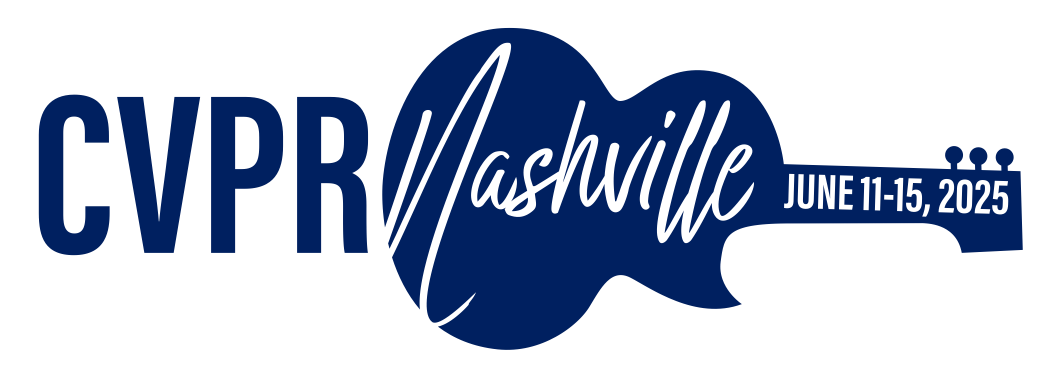-
[pdf]
[supp]
[arXiv]
[bibtex]@InProceedings{Liang_2025_CVPR, author = {Liang, Jian and Huang, Wenke and Wan, Guancheng and Yang, Qu and Ye, Mang}, title = {LoRASculpt: Sculpting LoRA for Harmonizing General and Specialized Knowledge in Multimodal Large Language Models}, booktitle = {Proceedings of the Computer Vision and Pattern Recognition Conference (CVPR)}, month = {June}, year = {2025}, pages = {26170-26180} }
LoRASculpt: Sculpting LoRA for Harmonizing General and Specialized Knowledge in Multimodal Large Language Models
Abstract
While Multimodal Large Language Models (MLLMs) excel at generalizing across modalities and tasks, effectively adapting them to specific downstream tasks while simultaneously retaining both general and specialized knowledge remains challenging. Although Low-Rank Adaptation (LoRA) is widely used to efficiently acquire specialized knowledge in MLLMs, it introduces substantial harmful redundancy during visual instruction tuning, which exacerbates the forgetting of general knowledge and degrades downstream task performance.To address this issue, we propose LoRASculpt to eliminate harmful redundant parameters, thereby harmonizing general and specialized knowledge.Specifically, under theoretical guarantees, we introduce sparse updates into LoRA to discard redundant parameters effectively. Furthermore, we propose a Conflict Mitigation Regularizer to refine the update trajectory of LoRA, mitigating knowledge conflicts with the pretrained weights.Extensive experimental results demonstrate that even at very high degree of sparsity (\le 5%), our method simultaneously enhances generalization and downstream task performance. This confirms that our approach effectively mitigates the catastrophic forgetting issue and further promotes knowledge harmonization in MLLMs.
Related Material





